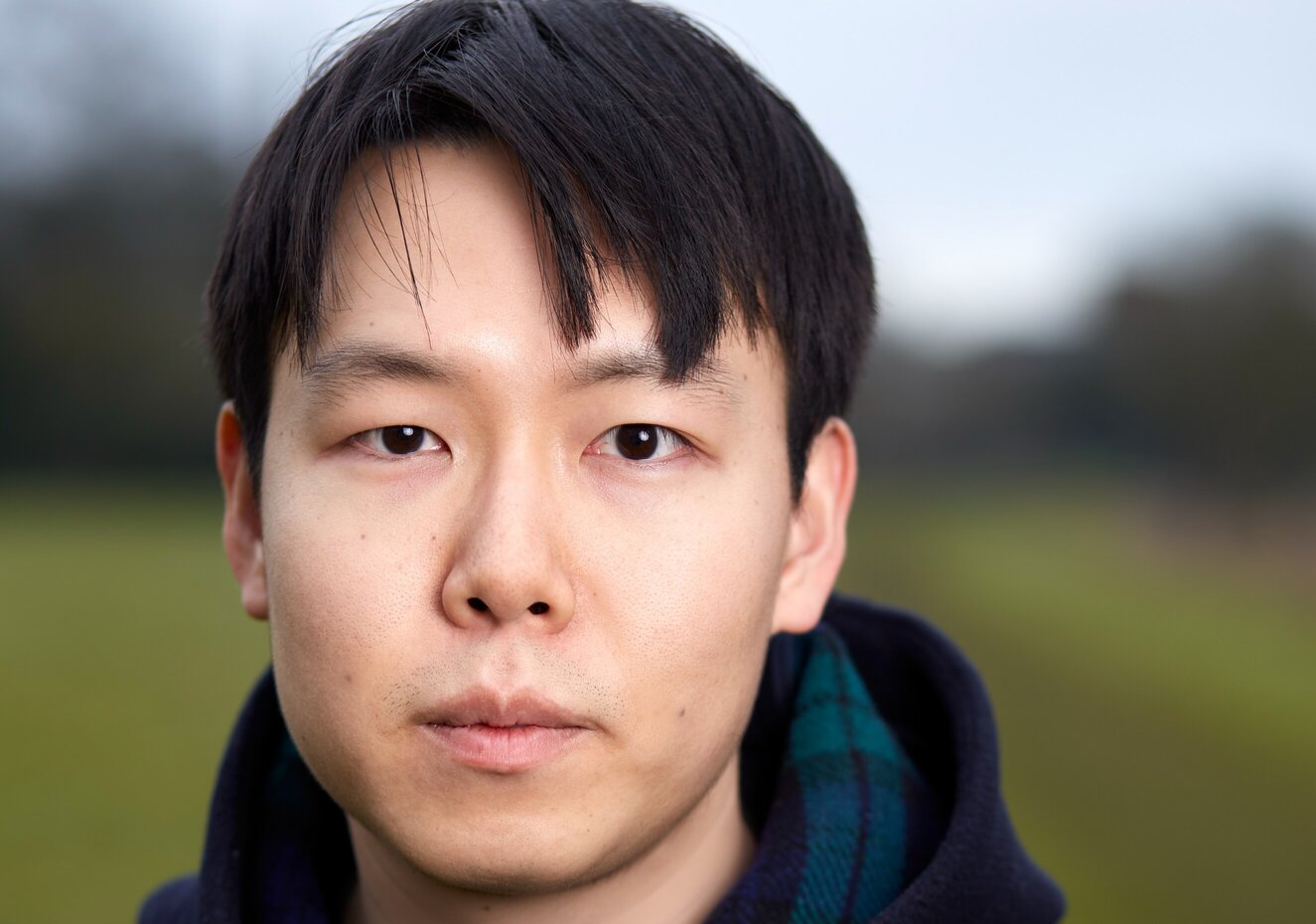
David Jun Lee talks about how his research aims to lead to better policymaking and a more stable world.
Having a sense of duty and of working for a higher cause which I believe is in line with Gates Cambridge’s values - to make the world a better place.
David Jun Lee
David Jun Lee [2021] is keen to demonstrate that there are many ways to have an impact on the world and for him that impact comes through better policymaking, especially in Northeast Asia. His PhD in East Asian Studies builds on his experience working at the Central Intelligence Agency both during and after his undergraduate and master’s degrees, advising on the US’ Northeast Asian strategy and policy.
Early years
The work straddles his identity as an American of Korean heritage. From a young age Jun was aware of the issues that would fuel his later studies. “Since I was really young, I was aware of the impact and magnitude of the Korean War,” he says. “It made me recognise the importance of peace and stability, particularly in Northeast Asia where geopolitical tensions and stakes remain high. From early on I knew I would pursue fields related to those two issues.”
During his undergraduate studies at the University of Southern California, near his hometown, Jun majored in international relations and also studied foreign languages, winning several prestigious national-level distinctions related to languages. He has professional proficiency or above in six languages – Japanese, Mandarin, Russian, French, Korean and English. It was also then that he successfully completed a rigorous process to intern at the CIA. That was a formative experience that defined his university years and took him down a professional track. Once he joined he remained an employee even as a university student, doing subsequent work for the agency during his studies and working there full time on graduation.
Work and master’s
He primarily worked on Northeast Asia security and foreign policy issues, including conducting research analysis and briefing US policymakers. The years of experience working at the CIA cemented his view that he wanted to be a practitioner, involved in and impacting policy on a day-to-day basis. He was also inspired by his mentor Greg Treverton, Professor of the Practice of International Relations, who was also former chair of the National Intelligence Council and senior policymaker. Professor Treverton provided Jun with valuable advice and guidance on pursuing a career involving national security.
While continuing to work at the CIA, Jun also simultaneously pursued a master’s in Asian Studies at Georgetown University. He focused on security and foreign policy issues in Korea, China and Japan and also obtained a graduate certificate in Russian and European Studies, given the importance of Central Asia and Russia to the region. Even though he had to balance academia and his professional work, he found it rewarding to interact with his academic colleagues as well as get to receive from his professors, particularly those who had served previously in the White House National Security Council.
He finished his master’s in December 2020 and continued to work full time at the CIA in 2021, resigning only a couple of months before he started at Cambridge. Doing his master’s whetted his appetite for further academic studies and working on very immediate issues at the CIA gave him the desire to delve into longer term, more deep-seated issues.
Jun says he is honoured to have served in the CIA, to work among very diverse, professional and talented colleagues and for the opportunities it has given him. “It was an honour to serve my country,” he says. “Having a sense of duty and of working for a higher cause which I believe is in line with Gates Cambridge’s values – to make the world a better place. For me this also means working on national security issues and being actively involved in policymaking. That is central to global stability.”
PhD research
Jun is keen that his PhD complements his professional experience. He chose Cambridge in large part due to his supervisor Dr John Nilsson-Wright, an expert in Japan and Korea as well as broader regional issues. His PhD focuses on policymaking, strategy formulation and national security strategy of South Korea and the Northeast Asian context. His broader research interests include the national-level security strategies and policies of South Korea and Japan and how these are affected by growing tensions between the US and China and ongoing great power dynamics. He will be doing fieldwork in Japan and Korea and is studying the many government documents in multiple languages that are available online as well as speaking to international experts.
“My research seeks to further our understanding of the security dynamics at play in the region and their influence on policymaking, which can lead to more constructive relations between the involved countries and greater regional stability.” says Jun.
He adds that Gates Cambridge was also a big factor in his reasons for choosing Cambridge. He says the diversity of the scholars is important and that includes the diversity of paths they choose – whether in academia, policymaking or activism. He plans to go back into public service and work in the US government on Northeast Asian policy when he finishes his PhD.












